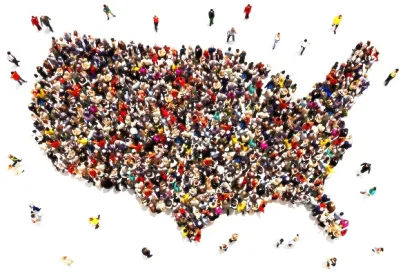The DHS is getting closer to changing and hardening the standard for determining who is or might become a “public charge” for immigration purposes. The agency “pre-released” a new rule, “Inadmissibility on Public Charge Grounds,” that it plans to officially publish in the Federal Register soon in order to start the 60-day Notice and Comment Period.
Who Will Be Covered by the New Standard?
-
Those applying for immigrant or nonimmigrant status abroad
-
Those seeking admission as an immigrant or nonimmigrant
-
Those applying for Adjustment of Status
-
Nonimmigrants seeking a change of status or extension of status
Who Will Not Be Covered by the New Standard?
-
Most LPRs (Green Card Holders), even when applying to naturalize
-
Generally, refugees, asylees, those on active military duty, and children adopted by U.S.
What is the New Standard of Review?
-
Decisions will be made based upon the totality of circumstances
-
There are thresholds regarding the length and value of the benefits received
-
Officers may consider prior use of benefits, as well as likelihood of future use of benefits
-
Officers will look to the applicant’s age, health, family status, assets, resources, education and skills, and employment history
What Benefits May Subject an Individual to a Public Charge Determination?
-
Cash assistance for income maintenance
-
Most Medicaid participation
-
Medicare Part D Low Income Subsidy for Elderly (prescription drugs)
-
SNAP (Supplemental Nutrition Assistance Program), e., food stamps
-
Long-term care at government expense
-
Section 8 Housing Choice Vouchers
-
Section 8 Project Based Rental Assistance
-
Public Housing
What are Some Benefits that Would Not be Considered?
-
Emergency Medical Assistance
-
Disaster Relief
-
National School Lunch Program
-
Head Start Program
-
Receipt of benefits by dependents alone
The 447-page rule is a complex web of regulations. Critics believe that many low-income immigrants will forego programs they or their children may be entitled to out of fear that accepting those benefits will bar them from eventually becoming green card holders – even if those benefits are not covered by the new rule. Others, such as New York State legislators and Governor Jay Inslee of Washington, have argued that the new rule will have a substantial financial impact on some states and that “the proposal disrupts settled law by making unprecedented changes to longstanding immigration policies. . . .” Still others are considering challenging the new rule in court on various grounds, including under the Administrative Procedure Act and under the equal protection clause of the Constitution. These are avenues that have been pursued with regard to the travel ban, TPS, and DACA.
Undocumented individuals are not eligible for most public benefits. Therefore, the rule will affect only those immigrants who are legally in the U.S. or who wish to come to the U.S. legally.
Because of the complex nature of the new rule, the above is meant only to provide general guidance.




 />i
/>i

